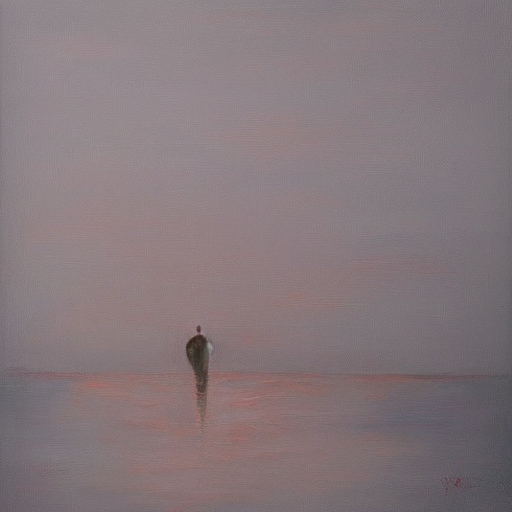One-line Summary:
Life Is Beautiful is a heartwarming and poignant film directed by Roberto Benigni. Set during World War II, it tells the story of a Jewish Italian man named Guido who uses his wit and imagination to protect his young son from the horrors of a concentration camp.
Main Cast and Crew:
- Director: Roberto Benigni
- Writer(s): Roberto Benigni, Vincenzo Cerami
- Key Actors: Roberto Benigni as Guido Orefice, Nicoletta Braschi as Dora, Giorgio Cantarini as Giosuè Orefice
- Music Director: Nicola Piovani
- Director of Photography: Tonino Delli Colli
- Producers: Elda Ferri, Gianluigi Braschi
Plot:
Set in 1930s Italy, Guido, a charming and optimistic Jewish man, arrives in a small town to work as a waiter. He falls in love with a beautiful schoolteacher named Dora, who is engaged to a fascist official. Despite the odds, Guido wins Dora’s heart and they marry, starting a family together. However, their happiness is shattered when they are separated during the Nazi occupation.
Guido and his son Giosuè are sent to a concentration camp. To shield his son from the harsh reality, Guido creates an elaborate game, pretending that their time in the camp is merely an elaborate contest to win points. Guido’s quick thinking and humor help Giosuè cope with the horrors around them, turning their grim reality into a fantastical adventure.
Guido’s unwavering love and determination to protect his son become the driving force behind their survival. He sacrifices himself to keep Giosuè safe, ultimately giving his life to save his son’s. In the end, Giosuè is liberated and reunited with his mother. The film concludes with an older Giosuè, now a man, honoring his father’s memory.
Themes and Motifs:
Life Is Beautiful explores the power of love, hope, and the resilience of the human spirit in the face of unimaginable adversity. It highlights the importance of maintaining a positive outlook and finding joy even in the darkest of times. The film also delves into the themes of sacrifice, parental love, and the enduring bond between a father and son.
Reception and Legacy:
Upon its release in 1997, Life Is Beautiful received critical acclaim for its unique blend of comedy and tragedy. The film won three Academy Awards, including Best Foreign Language Film, Best Original Dramatic Score, and Best Actor for Roberto Benigni. It also received numerous other accolades and nominations from prestigious award ceremonies around the world.
The film’s impact on cinema has been significant, as it continues to be regarded as one of the most moving and memorable films about the Holocaust. Its portrayal of the human spirit’s ability to find hope and beauty in the darkest of circumstances has resonated with audiences worldwide. Life Is Beautiful serves as a reminder of the power of love and the indomitable nature of the human spirit.
Recommendation:
Life Is Beautiful is a must-watch film that will leave a lasting impact on its viewers. It beautifully captures the complexities of human emotions and the strength of the human spirit. The performances, especially Roberto Benigni’s, are exceptional, and the film’s unique blend of humor and tragedy creates a deeply moving experience. It is a testament to the power of love and the resilience of the human spirit, making it a truly unforgettable cinematic masterpiece.
Memorable Quote:
“Buongiorno, Principessa!” – Guido Orefice












